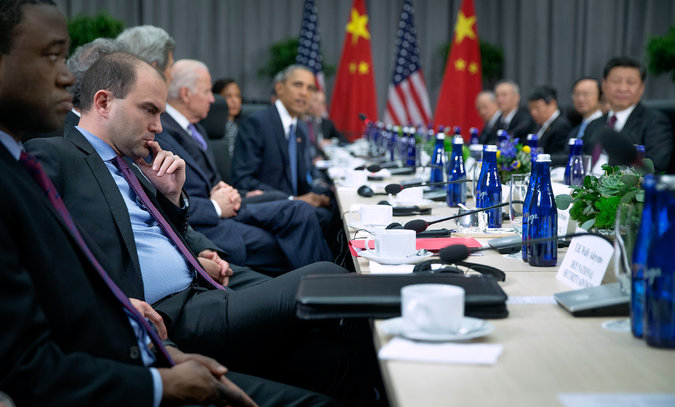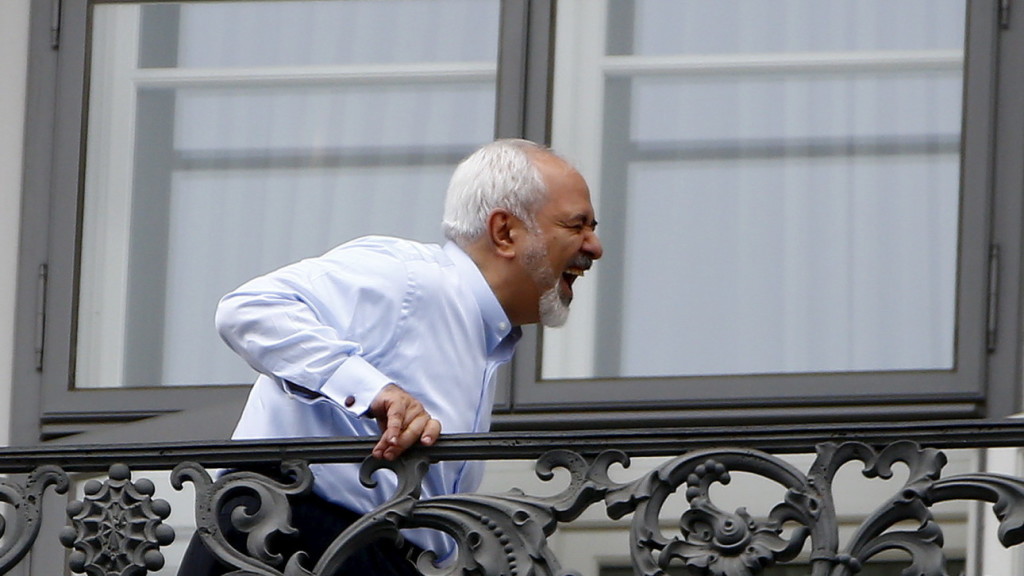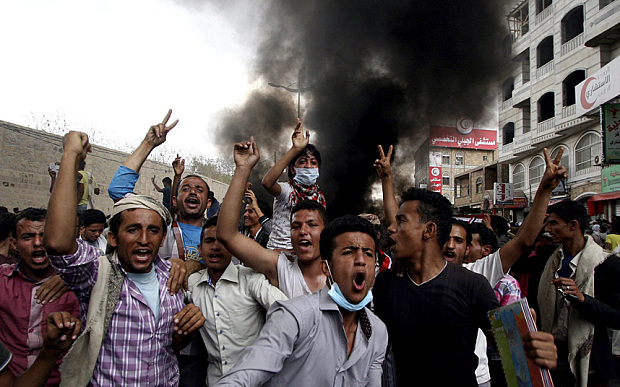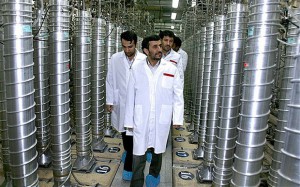Iran was once an ally of the US and Israel. That ended in 1979 with the revolution led by the Ayatollah Khomeini. Since then, the Iranians have declared that we are at war. In 1979, during the revolution, they took members of the US embassy staff and the Marine Guards hostage.
The immediate cause of this action was President Jimmy Carter’s decision to allow Iran’s deposed Shah, a pro-Western autocrat who had been expelled from his country some months before, to come to the United States for cancer treatment. However, the hostage-taking was about more than the Shah’s medical care: it was a dramatic way for the student revolutionaries to declare a break with Iran’s past and an end to American interference in its affairs.
That article is typical leftist revisionism. The hostage takers were “students” only as an expression of their age. They were typical “student radicals” seen in most countries undergoing such violent upheavals.
Carter attempted a hostage rescue which was botched although the military people did their best. The US had no joint forces history and the mission was spread between Army, Air Force and Navy, none of which had worked together before.
It ended the day Reagan was inaugurated as president and was probably a sign that the Mullahs saw that he would not be played as they had played Carter.
Now, we have another
uprising but this is directed at the regime.
A wave of spontaneous protests over Iran’s weak economy swept into Tehran on Saturday, with college students and others chanting against the government just hours after hard-liners held their own rally in support of the Islamic Republic’s clerical establishment.
The demonstrations appear to be the largest to strike the Islamic Republic since the protests that followed the country’s disputed 2009 presidential election.
Thousands already have taken to the streets of cities across Iran, beginning at first on Thursday in Mashhad, the country’s second-largest city and a holy site for Shiite pilgrims.
The protests in the Iranian capital, as well as U.S. President Donald Trump tweeting about them, raised the stakes. It also apparently forced state television to break its silence, acknowledging it hadn’t reported on them on orders from security officials.
The 2009 protests became violent but Obama offered no support.
CNN tries ro spin it but he was silent as Iranians were brutalized and killed.
What is different now ? One, Trump is president. Recently he has recognized Jerusalem as Israel’s capital and determined to move the embassy there.
There have been many complaints and protests, mostly in the US but he has persisted. This is in stark contrast to prior presidents who were all talk, or no talk, and no action.
In addition, Obama’s shameful deal with the Iranians mullahs may have destabilized the regime as the rulers greedily gathered in the billions sent by Obama and did nothing for the people. Obama might have, totally inadvertently, destabilized the regime he was trying to support.
Maybe this is the opening round in regime change.
David Goldman has discussed Iran’s Syrian quagmire.
The Iranian regime is ready to sacrifice the most urgent needs of its internal economy in favor of its ambitions in Syria. Iran cut development spending to just one-third of the intended level as state income lagged forecasts during the three quarters ending last December, according to the country’s central bank. Iran sold US$29 billion of crude during the period, up from $25 billion the comparable period last year. The government revenues from oil of US$11 billion (655 trillion rials) were just 70% of official forecasts, and tax revenues of US$17.2 billion came in 15% below expectations.
Chaos in Iran’s financial system prevents the Iranian government from carrying a larger budget deficit.
It appears that the Obama payoff with billions of cash has been quickly absorbed by the corrupt regime and its mullahs, which may explain the revolt currently underway. We await developments.




